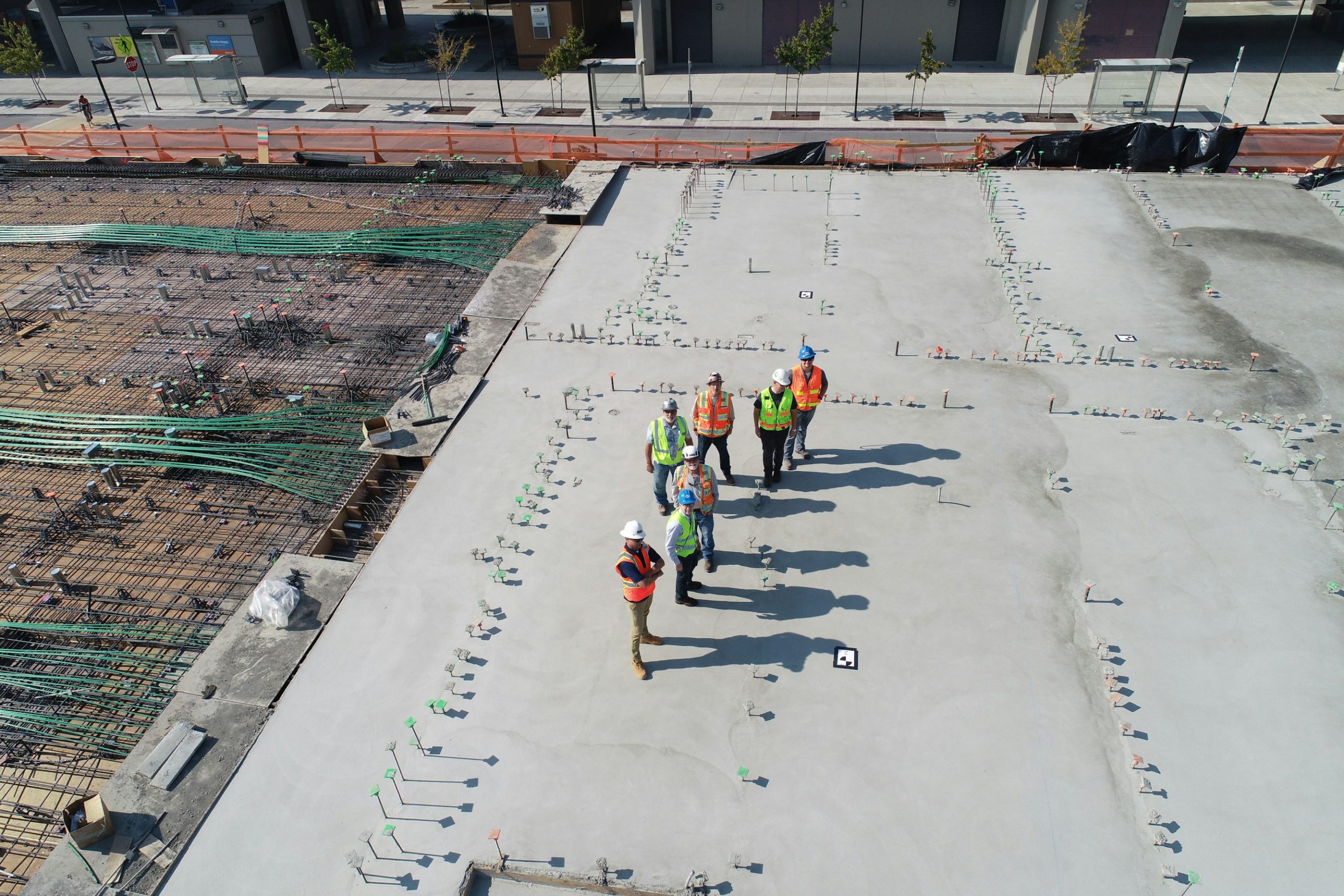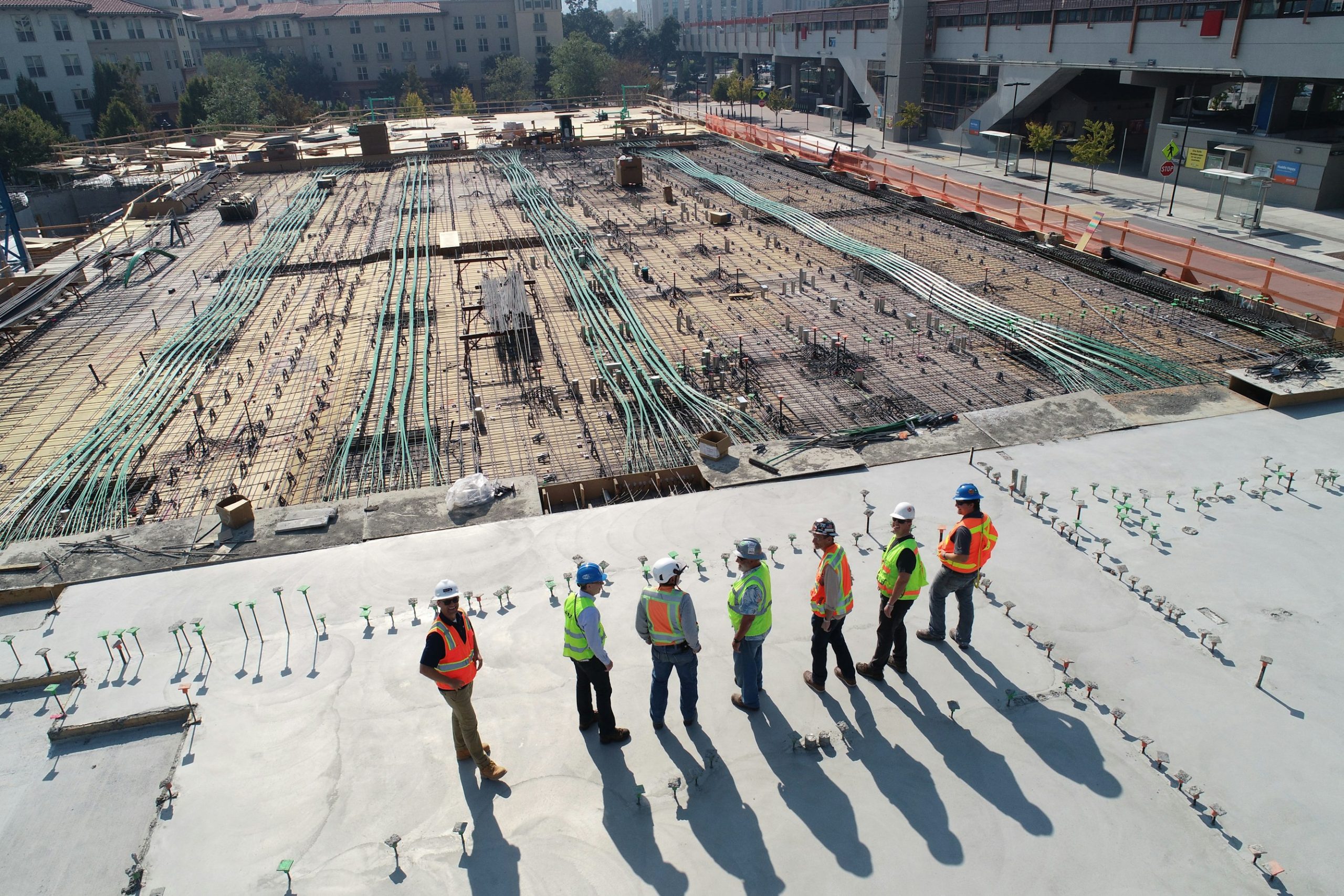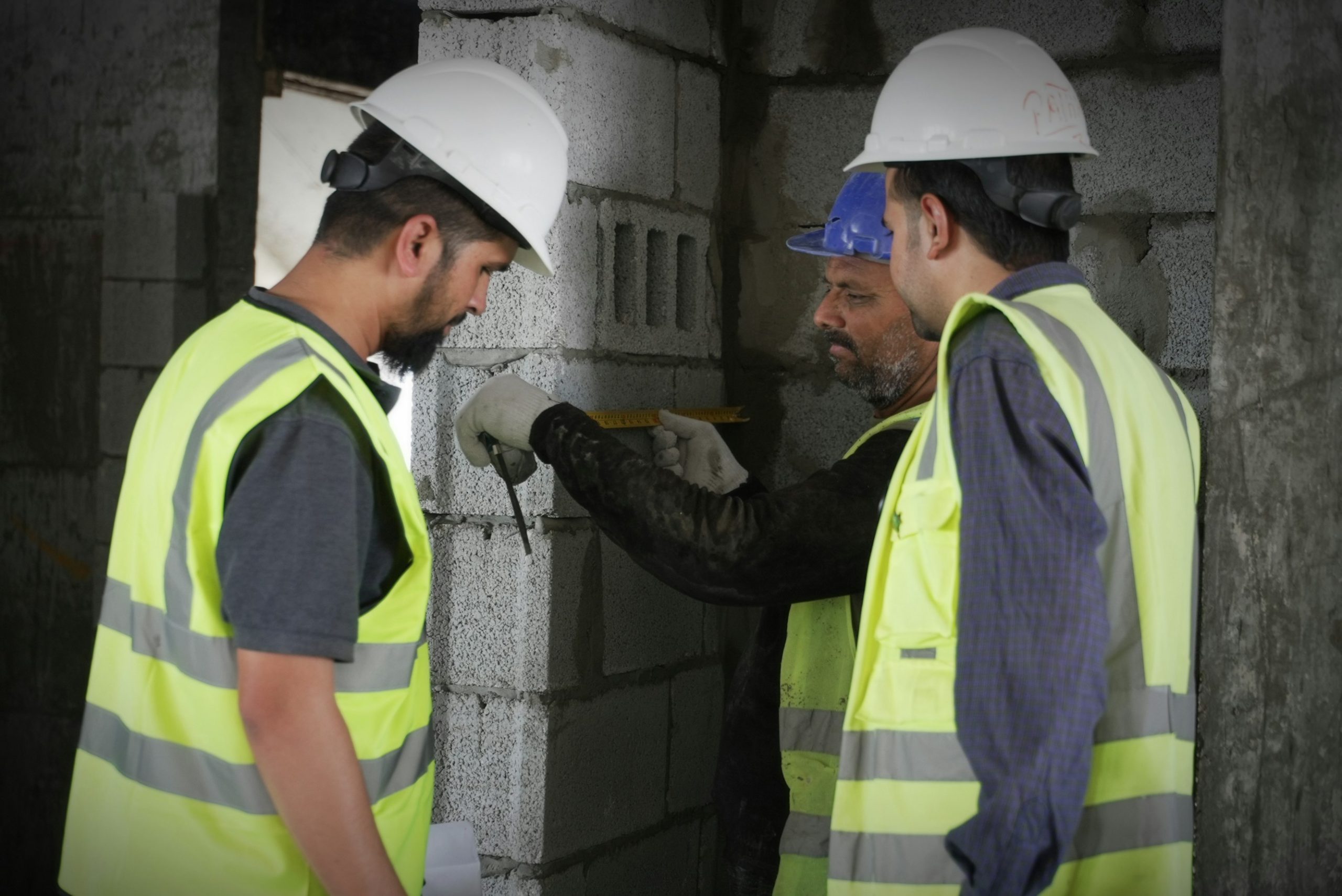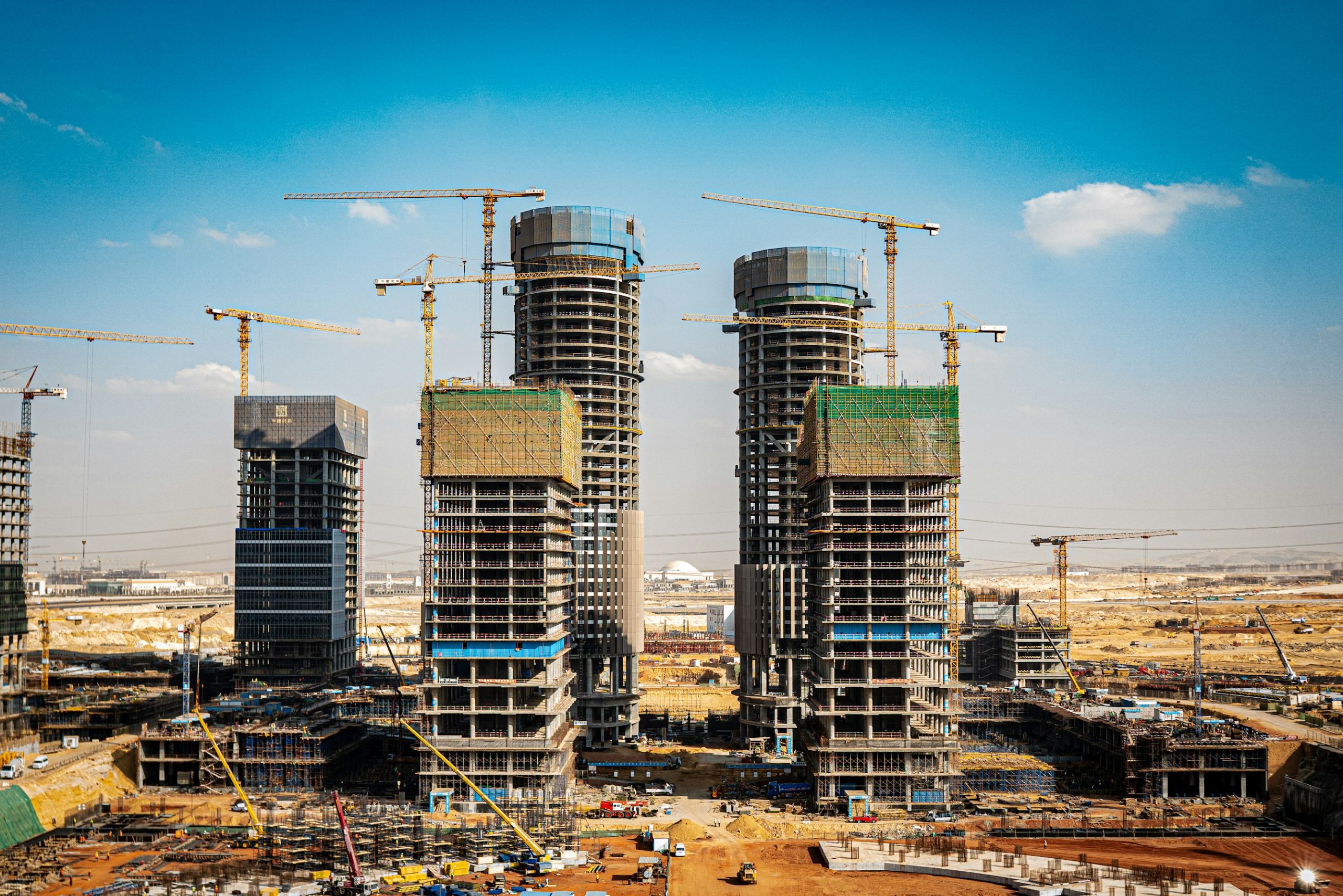The Role of AI in Creating Sustainable Construction Workflows
The construction industry is undergoing a significant transformation with the integration of advanced technologies such as AI in construction. As sustainability becomes a priority, AI plays a crucial role in filtering out inefficiencies and minimizing environmental impact throughout the construction lifecycle. This blog explores the transformative impact of AI in creating sustainable construction workflows, enhancing efficiency, and promoting eco-friendly practices.
AI in Design and Planning
AI is revolutionizing the design phase of construction by creating energy-efficient and sustainable building designs. AI algorithms can analyze various design variables such as building orientation, window placement, and insulation types to optimize energy efficiency. By utilizing AI-driven design automation, multiple design options are generated based on project characteristics, which lead to optimized sustainability and material strength while reducing the need for manual design iterations.
Additionally, AI-powered Building Information Modeling (BIM) facilitates seamless teamwork, increasing stakeholder communication and making real-time updates to design plans efficient. This collaborative approach is essential for achieving sustainable construction goals.
Resource Management and Optimization
Effective resource management is fundamental in sustainable construction. AI excels at optimizing resource allocation by predicting the exact amount of materials needed, thus minimizing waste and ensuring that resources are utilized efficiently. The capacity of AI to monitor and track the sustainability practices of suppliers guarantees that materials are sourced responsibly.
Moreover, AI solutions align with the goals of automated resource optimization in construction processes, reducing waste and improving efficiency, which are crucial in today’s environmentally conscious construction practices.
Construction Process Optimization
AI enhances the efficiency of construction processes by predicting the performance of different methods and materials, helping to select the most sustainable options. As projects can be complex and ever-changing, having AI-powered construction project tracking software assists in planning and scheduling efficiently, reducing delays and minimizing waste.
AI-driven workflow automation, another aspect of construction project management software, automates repetitive operations, analyzes extensive datasets, and boosts both productivity and accuracy. This reduces the burden on human resources, lowers labor expenses, and ensures a smoother project management experience.
Energy Efficiency and Sustainability
Post-construction energy management is equally crucial, and AI emerges as a powerful tool for optimizing energy consumption in buildings. By analyzing data from various sensors, AI systems understand energy usage patterns and can make real-time adjustments to lighting, heating, and cooling systems, enhancing energy efficiency.
Furthermore, AI can help integrate renewable energy sources into building designs, significantly lowering overall energy consumption and associated emissions. Adopting these smart construction management tools not only fosters sustainability but also encourages cost-effective energy practices.
Predictive Maintenance and Safety
AI also plays a vital role in predictive maintenance by forecasting equipment failures and thereby minimizing unscheduled downtime and energy waste. This proactive approach ensures that buildings operate sustainably and are compliant with regulatory standards.
In terms of onsite safety, AI tools help identify potential hazards by analyzing data and providing insights to prevent accidents. This focus on safety contributes to a more efficient working environment and aligns with the goals of sustainable construction practices.
Data-Driven Decision Making
Real-time updates and information sharing are essential in achieving sustainability goals. AI-driven data analytics empower construction teams by providing insights to make informed decisions regarding sustainable practices, materials, and building designs. Furthermore, AI can forecast project outcomes based on historical data, allowing managers to preemptively address potential issues and optimize resource allocation effectively.
Cost-Effectiveness and Accessibility
One of the remarkable aspects of AI in construction is its ability to democratize sustainable practices for businesses of all sizes. By offering cost-effective solutions that optimize resource use, reduce waste, and enhance labor efficiency, AI makes sustainable construction more accessible and widespread.
AI tools actively identify construction practices that minimize greenhouse gas emissions, allowing companies to adopt affordable and sustainable methods that were previously out of reach.
Integration with Zepth
Zepth’s platform can significantly benefit from the incorporation of AI in various ways:
- Project Management Software: Zepth’s project management tools can be supercharged with AI to create more efficient and sustainable workflows, optimizing resource allocation and enhancing communication and collaboration among team members.
- Resource Optimization: Leverage AI with Zepth to achieve better resource utilization, waste reduction, and improved labor efficiency.
- Data Analytics: With AI-driven analytics on Zepth’s platform, project managers can gain real-time insights, plan predictive maintenance, and optimize their resource allocation efficiently.
In summary, AI is fundamentally transforming the construction industry by establishing sustainable workflows through optimized design, effective resource management, substantial energy efficiency, and data-driven decision-making. By integrating AI into construction management software like Zepth, the industry can achieve remarkable advancements in sustainability, efficiency, and cost-effectiveness.




